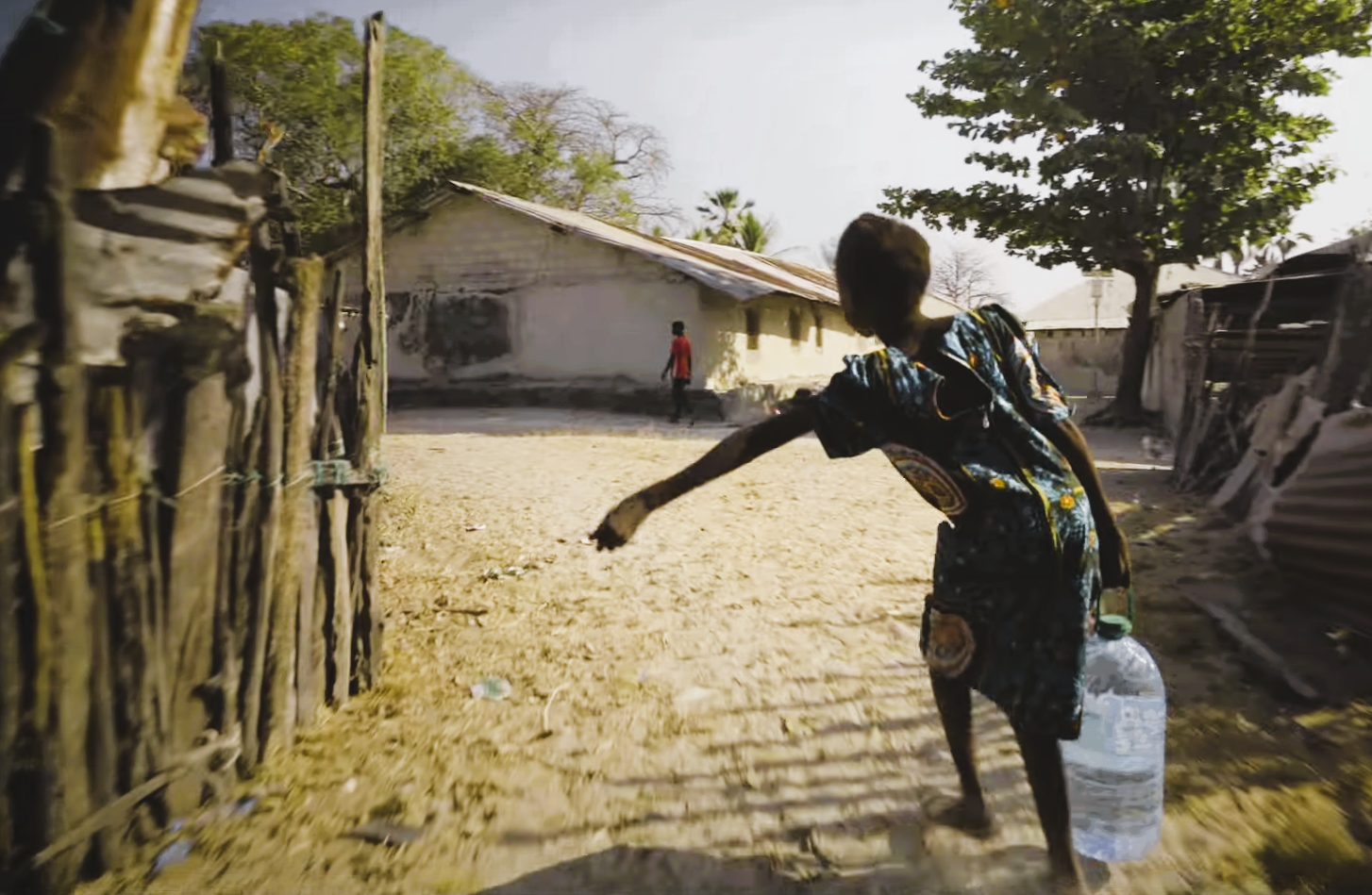WASH
PLA im Kontext von Wasser, Sanitärversorgung und Hygiene
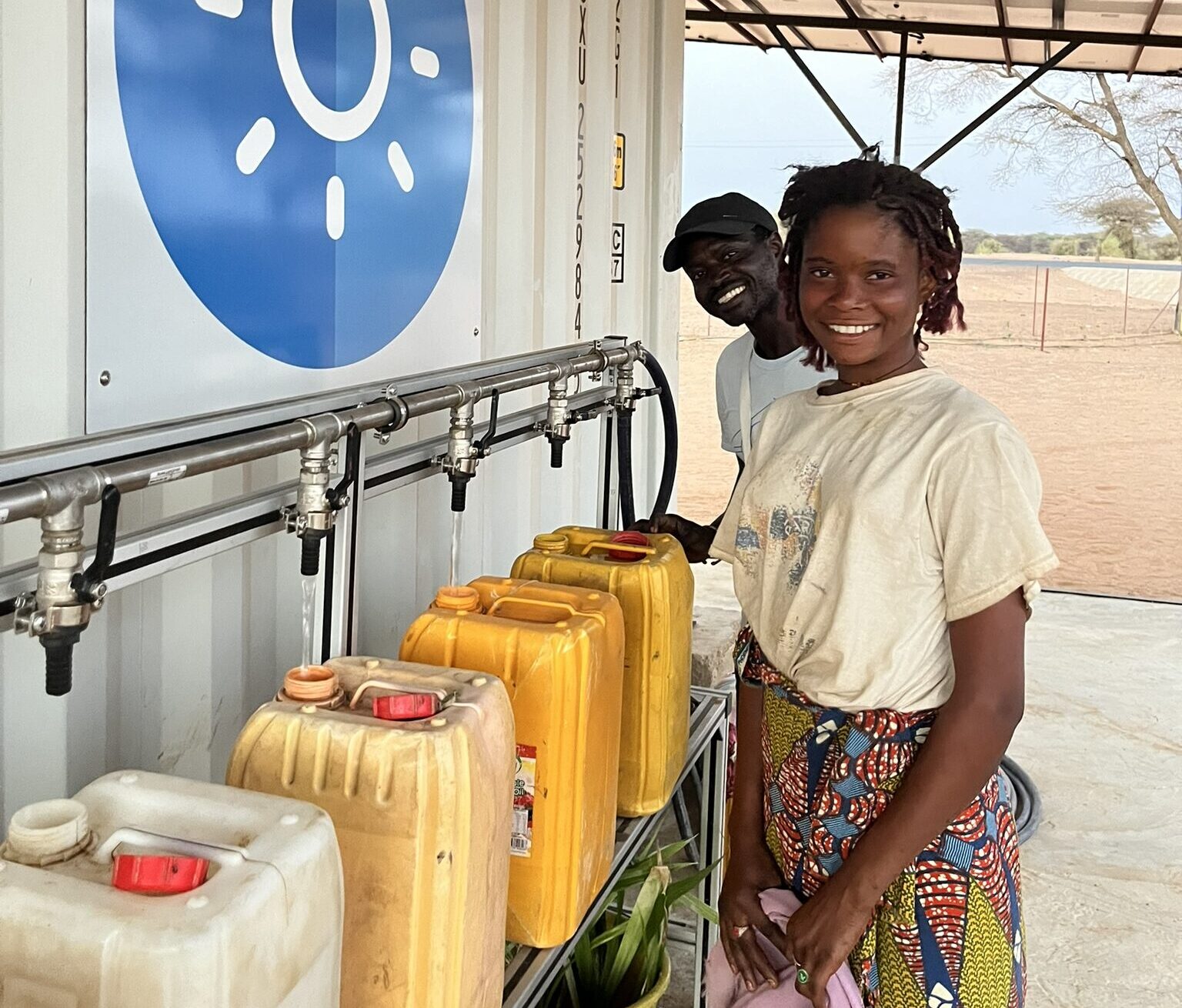
Project Lighthouse Africa (PLA) engagiert sich seit über einem Jahrzehnt im Bereich Wasser, Sanitärversorgung und Hygiene (WASH). Mit vergangenen, aktuellen und geplanten Projekten trägt PLA zur Verbesserung der Rahmenbedingungen und des Zugangs zu WASH bei.
Obwohl der Zugang zu sauberem Trinkwasser als Menschenrecht anerkannt ist, haben laut UNICEF immer noch Millionen von Menschen in Afrika keinen Zugang zu sicherem und bezahlbarem Wasser.
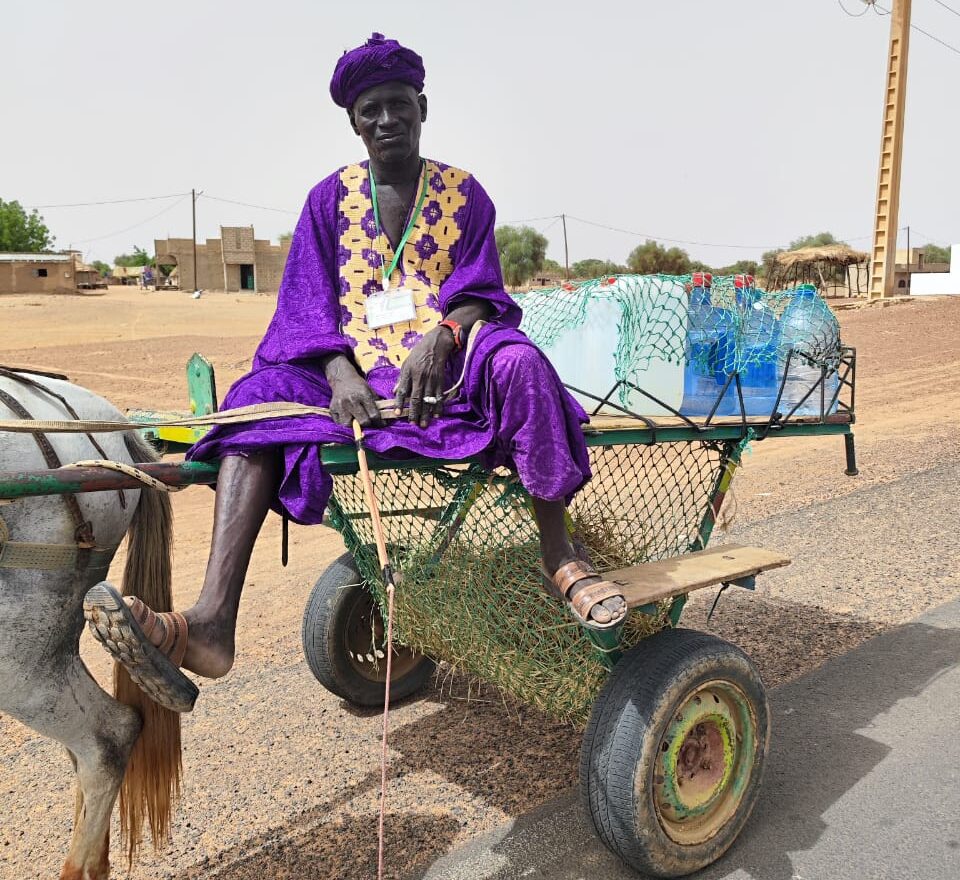
Etwa 400 Millionen Menschen auf dem Kontinent leben ohne eine zuverlässige Wasserversorgung, während rund 700 Millionen Menschen keinen Zugang zu angemessenen sanitären Einrichtungen haben. Nach Angaben der Global Commission on the Economics of Water droht bis 2030 sogar ein globales Süßwasserdefizit von 40 Prozent, was in wasserarmen Regionen zu gravierenden Engpässen führen wird.
Die Wasserknappheit auf dem afrikanischen Kontinent verstärkt soziale Ungleichheiten, beeinträchtigt die landwirtschaftliche Produktion und erhöht das Risiko von Konflikten um Wasserressourcen. Dringende Investitionen in nachhaltige Wassermanagementsysteme, Entsalzungstechnologien und Infrastruktur sind notwendig, um die Auswirkungen des drohenden Wassermangels in Afrika abzumildern.
Die Arbeit von PLA im Kontext von WASH konzentriert sich aktuell auf zwei Problemfelder:
Gesundheitliche Folgen mangelnder Wasserqualität
In Regionen mit unzureichender Abwasserentsorgung, verschmutztem Trinkwasser und mangelnder Hygiene sind Durchfall- und Infektionskrankheiten besonders verbreitet. Diese Krankheiten beeinträchtigen die Fähigkeit des Körpers Nährstoffe aufzunehmen und führen zu akuter Unter- und Mangelernährung.
Folgt man WHO Berichten, dann kann sich der Konsum von salz- und fluoridhaltigem Wasser über einen längeren Zeitraum zudem negativ auf den Knochenbau und die Gelenke auswirken. Kinder und ältere Menschen sind besonders betroffen, da sie anfälliger für Krankheiten sind, die durch verunreinigtes Wasser oder Wassermangel verursacht werden.
Soziale Folgen unzureichender Wasserversorgung
Ist die Wasserversorgung unzureichend, hat das auch gravierende soziale Folgen: In sieben von zehn Haushalten sind Frauen und Mädchen für das Wasserholen zuständig.
Dadurch werden sie auch häufig von der Schulbildung ausgeschlossen, was unter anderem ihre späteren Erwerbschancen mindert und das Risiko einer frühen Verheiratung erhöht. Darüber hinaus können Wasserknappheit und -konflikte zu regionaler Instabilität und Migration führen.
Project Lighthouse Africa's Wasserinitiative
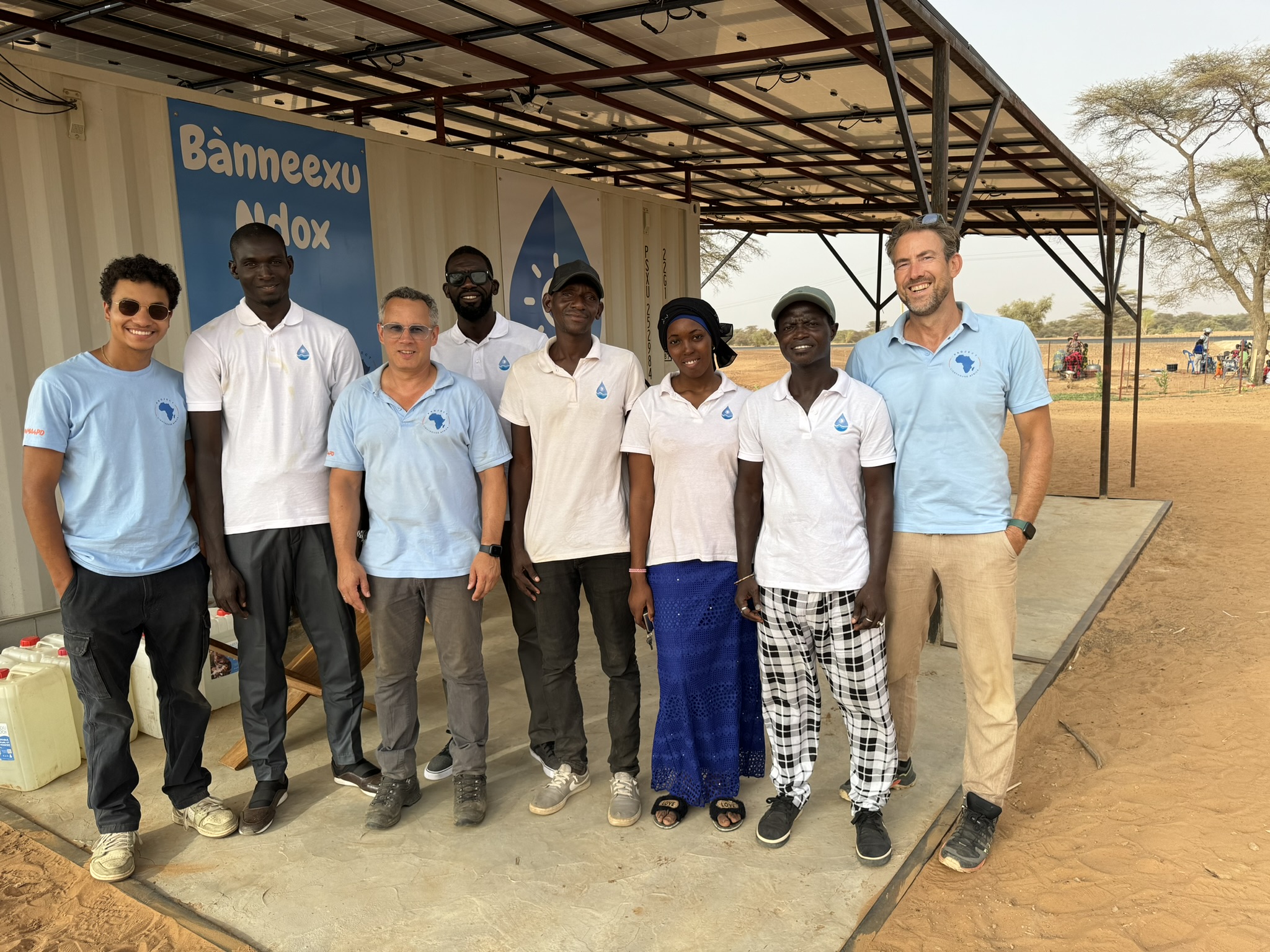
PLA hat mit deutschen und lokalen Partnern 2023 eine Wasserinitiative im Senegal gestartet, mit dem Ziel, die Wassersicherheit in dem westafrikanischen Land nachhaltig zu verbessern.
Wasserentsalzung und -aufbereitung
Im Bereich Wasserentsalzung betreibt PLA seit Anfang 2024 das Pprojekt „Bànneexu Ndox“ im Norden Senegals, in Harivele, einer Gemeinde an der Grenze zu Mauretanien und an einer wichtigen Fernstraße gelegen.
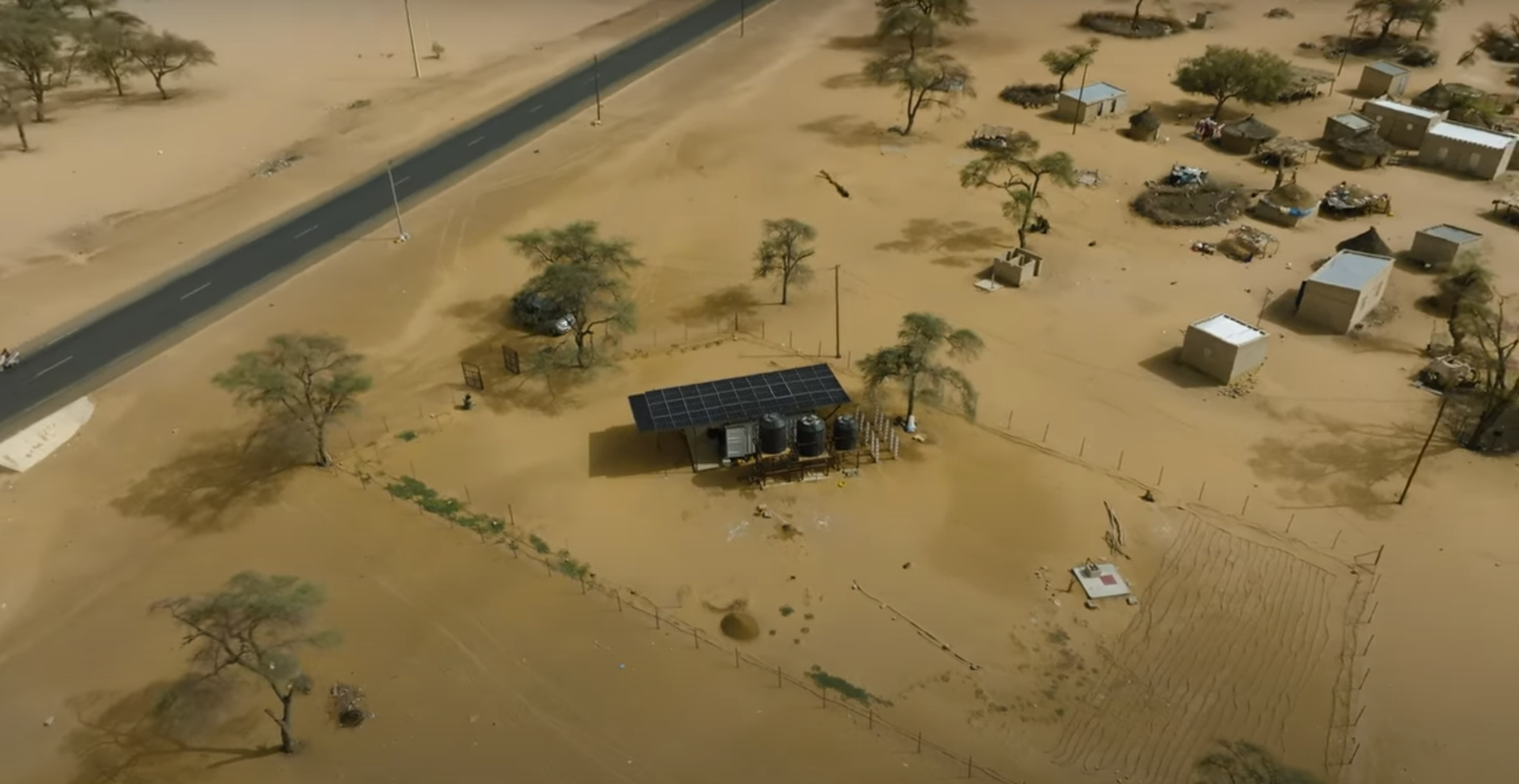
Der dort mit privaten Mitteln errichtete Wasserkiosk wird nachhaltig mit Solarstrom betrieben und versorgt die Menschen der Region zu einem sozialverträglichen Preis (der den Unterhalt des Kiosks sichert) mit entsalztem und gereinigtem Trinkwasser in hoher Qualität.
Aufbauend auf den bisherigen Erfahrungen soll 2025/26 in einer Gemeinde in der Umgebung der senegalesischen Stadt Fatick eine Entsalzungs- und Aufbereitungsanlage installiert werden, um die Lebensgrundlage von weiteren rund 20.000 Menschen zu verbessern.
Wassersicherheit und verlässliches Leitungsnetz
Um Gemeinden dabei zu unterstützen, eine zuverlässige und nachhaltige Wasserversorgung für die Haushalte aufzubauen und aufrechtzuerhalten, hat PLA in einer Gemeinde in Oussouye in der Casamance eine leistungsstarke Solarpumpe installiert, die in einer Hybridlösung eine 24-Stunden-Wasserversorgung über das Leitungsnetz sicherstellt.
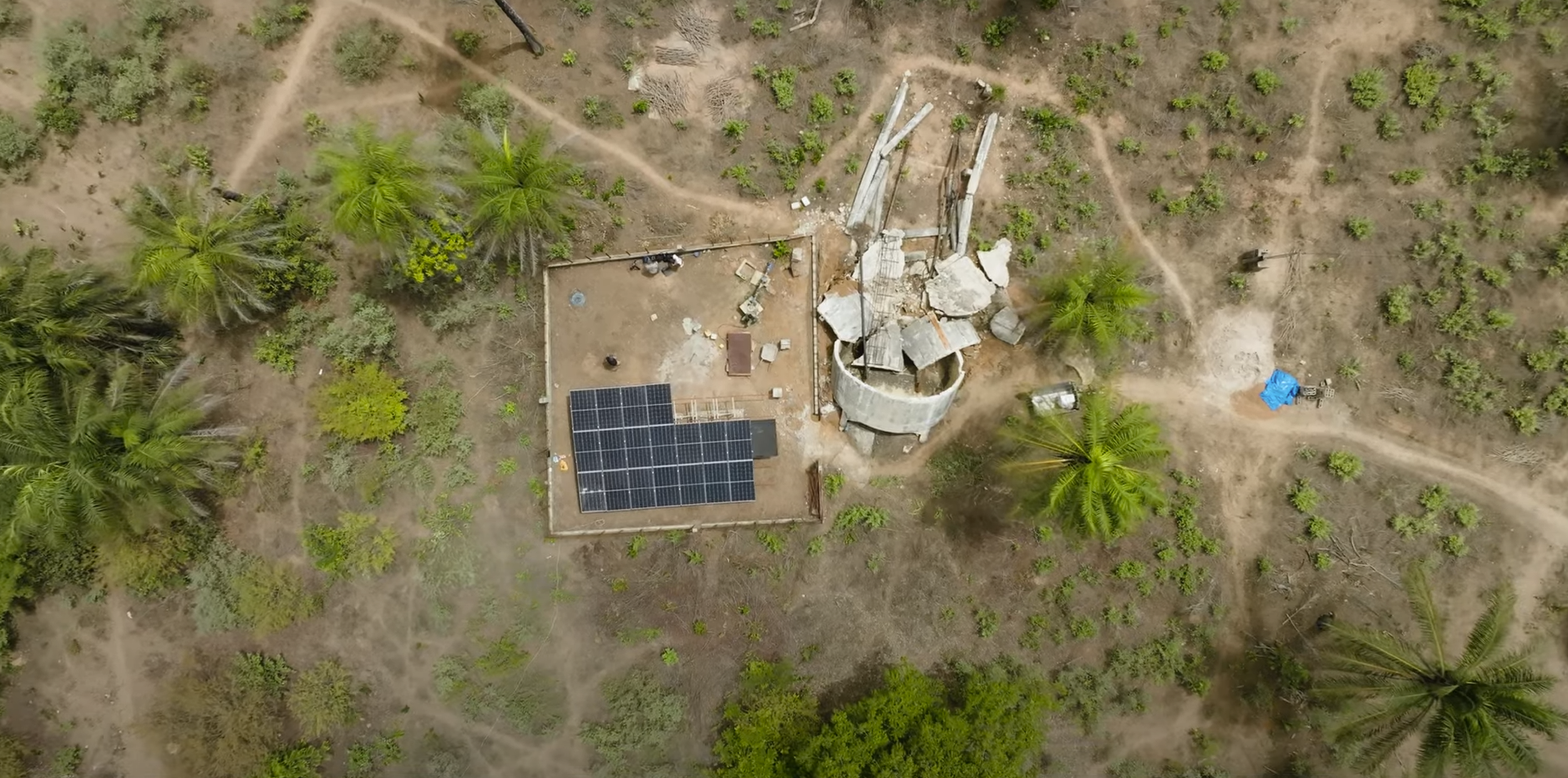
Der Wasserpreis ist so kalkuliert, dass eine regelmäßige Wartung und Erneuerung der Anlage, des Leitungsnetzes und dessen Erweiterung gewährleistet ist.
Durch das Projekt verfügen nun erstmals auch die angeschlossenen Haushalte auf den umliegenden Inseln im Flussdelta über eine stabile Wasserversorgung. Ähnliche Projekte sind derzeit für 3 weitere Gemeinden in der Casamance geplant.
Integrierter Ansatz zur Erreichung von nachhaltigen Entwicklungszielen (SDGs)
Mit der Agenda 2030 hat sich die Weltgemeinschaft verpflichtet, bis zum Jahr 2030 17 Ziele für nachhaltige Entwicklung – die sogenannten Sustainable Development Goals (SDGs) – zu erreichen.
Eines dieser Ziele betrifft die Trinkwasserversorgung und Abwasserentsorgung. Bis 2030 sollen alle Menschen weltweit Zugang zu sauberem Wasser und Toiletten haben. Gleichzeitig ist dieses Ziel mit anderen Entwicklungszielen verknüpft, denn ohne einen umfassenden Zugang zu WASH-Diensten können auch andere SDGs, insbesondere die Bekämpfung von Hunger, Gesundheit und Geschlechtergerechtigkeit, kaum erreicht werden.
Aus diesem Grund verfolgen die WASH-Projekte von PLA einen sektorübergreifenden Ansatz, der sie mit anderen Bemühungen um soziale und wirtschaftliche Entwicklung, Sicherheit und Demokratisierung verknüpft. Die Konzepte von PLA sind in der Logik des integrierten Ansatzes und des Dreiklangs von Sicherheit, Kommunikation und Perspektivenentwicklung angelegt.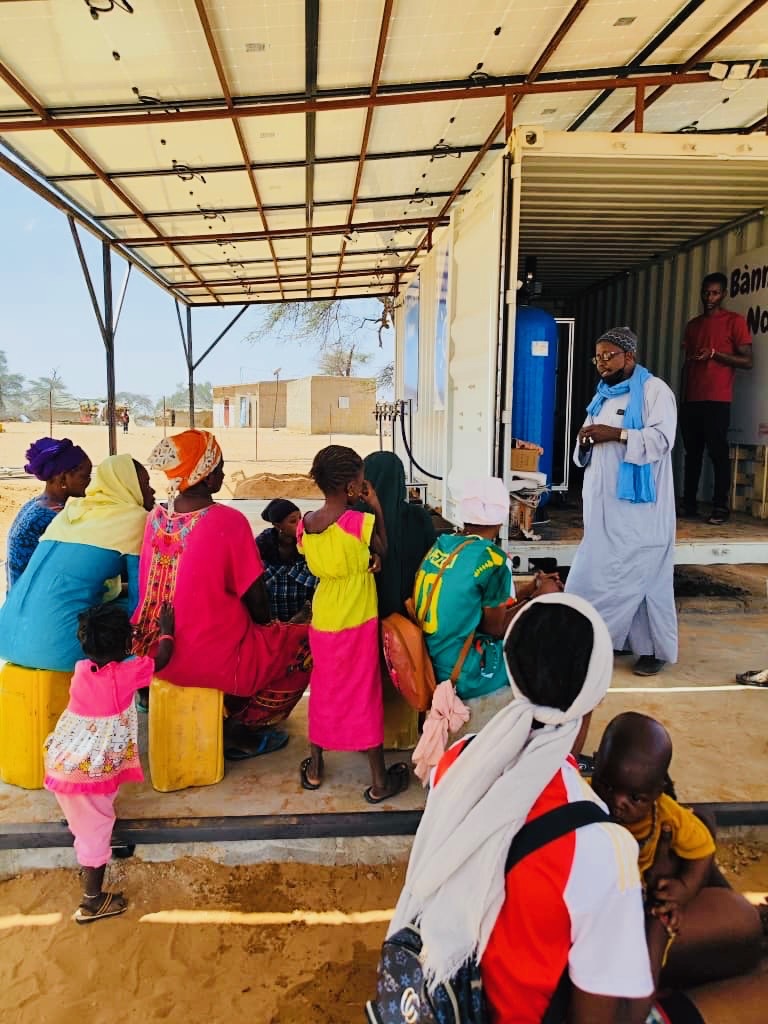
In weiteren Projekten integriert PLA in seine Entsalzungsanlagen zusätzliche Module wie Salzwasserfarming oder Salzwasserfischzucht, die nicht nur das salzhaltige Abwasser aus der Aufbereitung nutzbar machen, sondern auch neue Einkommensperspektiven insbesondere für Jugendliche und Frauen entwickeln.
Funktionierende Wasserinfrastrukturen können darüber hinaus als Orte der Bildung und des sozialen Austauschs genutzt werden, die eine integrative Funktion in lokalen Gemeinschaften ausüben und sich positiv auf deren Stabilisierung auswirken können. So hat sich der Wasserkiosk in Harivele schnell zu einem Treffpunkt für die Menschen der Region entwickelt.
Er stellt damit einen dynamischen Ort dar, der zur Erreichung weiterer SDG-Ziele beitragen kann, beispielsweise als Ort des Diskurses über aktuelle Themen, der Sammlung, Verifizierung und Verbreitung von Informationen, der Ausbildung von Medienkompetenz sowie der Perspektivenentwicklung und vertrauensbildenden Zusammenarbeit mit Sicherheitskräften.
Vor diesem Hintergrund sollen die Projekte der Wasserinitiative mit Elementen des PLA-Konzepts Narrative Management for Peace through Dialogue (NAMA4PD) verknüpft werden. Ein Kernpunkt der aktuellen Zusammenarbeit zwischen NAMA4PD und der Wasserinitiative ist die strategische Platzierung von Wasserkiosken als Social Information Hubs an wichtigen regionalen Knotenpunkten.
Auf diese Weise sollen nach und nach Zentren regionalen Engagements entstehen, die einen praktischen Mehrwert für das tägliche Leben der Bevölkerung mit der Möglichkeit verbinden, verlässliche Informationen auszutauschen und eine proaktive Reaktion der Gemeinschaft auf potenzielle Bedrohungen durch kriminelle oder terroristische Aktivitäten zu fördern.
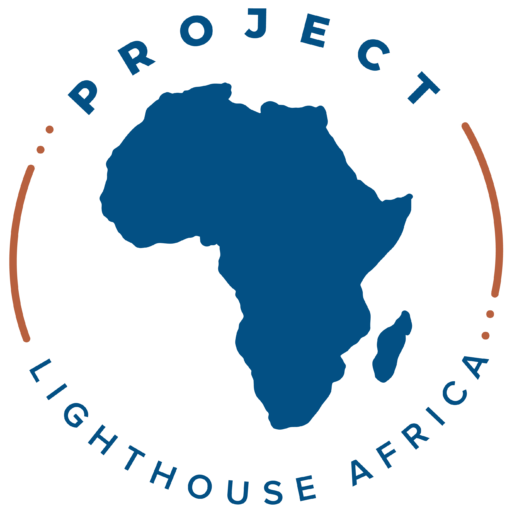 Project Lighthouse Africa e.V.
Project Lighthouse Africa e.V.